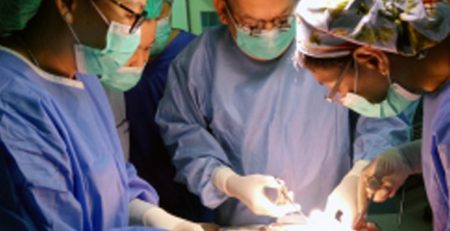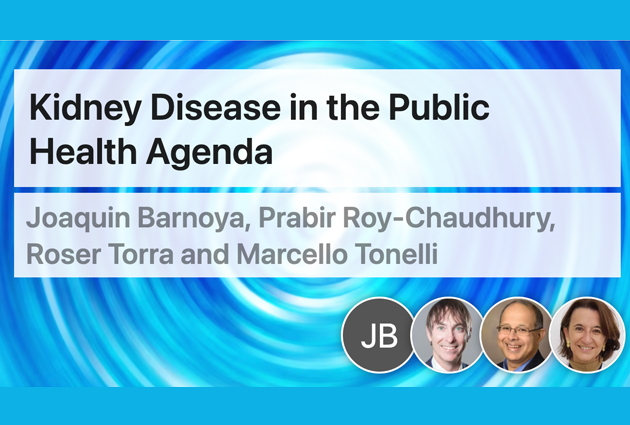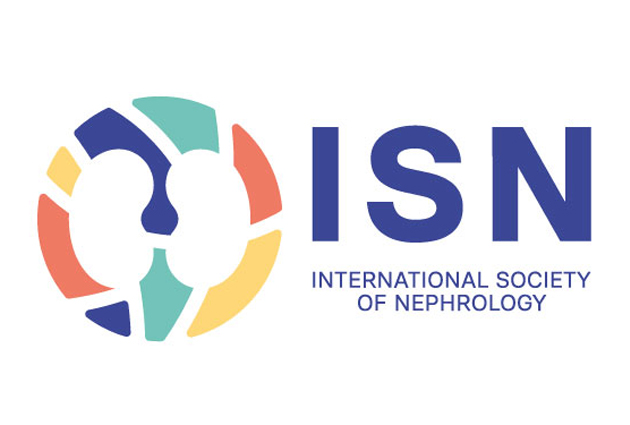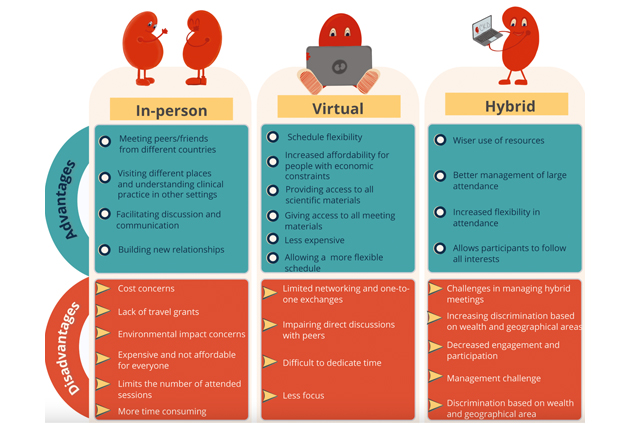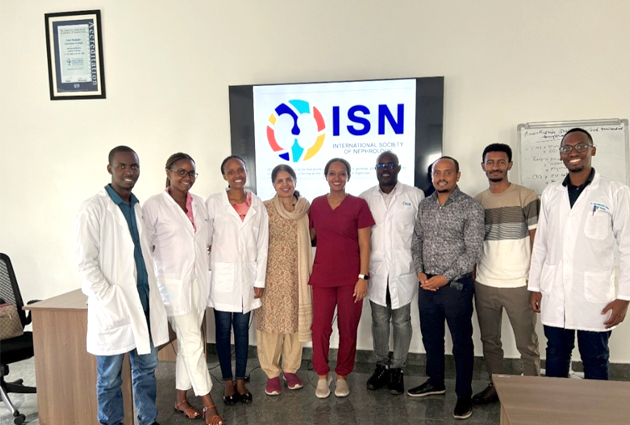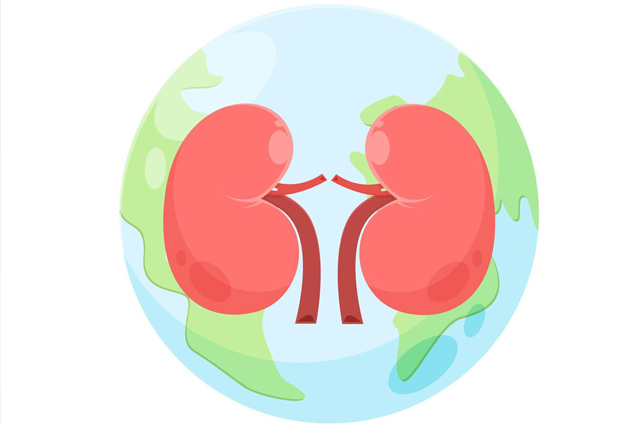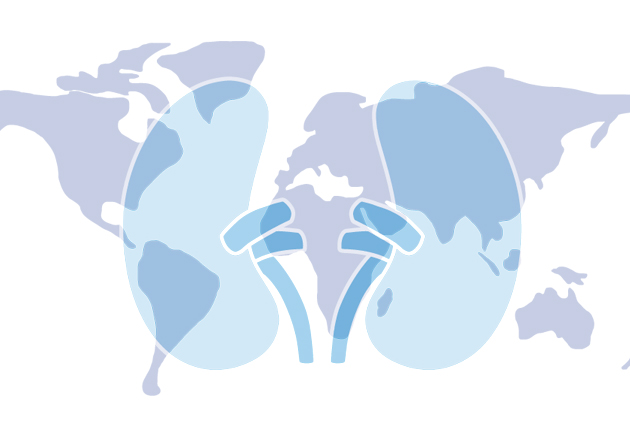eDigest – Summary Highlights
~ Vivekanand Jha
The COVID-19 pandemic continues to wreak havoc in many parts of the world. While some countries seem to have this in their rear view mirror, others are still struggling to manage the repeated surges.
The unique predicament of patients with kidney disease during the pandemic, especially those on dialysis and kidney transplant recipients, is well known to the global kidney health community.
The key strategy to overcome the pandemic is vaccination. The quick emergence of the large number of very effective vaccines has been a major triumph of the scientific community. Once the initial clinical trial results were out, the focus quickly shifted to managing the expansion of vaccination programmes in different countries.
Recognising the vulnerability of dialysis patients, a number of professional organisations led by The International Society of Nephrology called for prioritisation of this population for vaccination. Several countries, notably the United Kingdom, took heed of the compelling data generated by researchers and implemented this policy.
Patients with kidney disease were not included in most of the vaccine trials. Therefore, the global nephrology community must also study the effectiveness and safety of the vaccine in this population.
Such studies are ongoing, and results of a few of those have been presented in a collection in Kidney International.
These reports explore the immunogenicity of the currently available vaccines against SARS -CoV2 infection amongst patients on dialysis and amongst kidney transplant recipients.
Overall, the results are encouraging. These patients do mount antibody and cell-mediated immune response. The findings of these reports have been nicely summarised in the Editorial by Ikizler et al who go on to include additional studies in their review. This paper provides the most up-to-date information on the state of the knowledge around vaccinations in this population
- There is a fair amount of variability in assessment and reporting of the immune response, perhaps indicating the evolving nature of the field, but they do make interpretation of these findings somewhat challenging for the uninitiated reader.
- The proportion of patients who develop protective antibody response after the first dose is low
- While the immediate antibody response is weak it picks up with time – the overall seropositivity amongst the dialysis population exceeds 80% after 2 doses. The prevalence of those who show a protective response increases with time
- The antibody levels are likely lower in dialysis patients compared to healthy individuals
- Patients with past COVID infection mount better antibody response
- Other factors that determine immunogenicity, such as old age, are relevant in determining the degree of immune response too. Younger patients mount better response.
- Dialysis patients do mount efficient T-cell immunity to SARS-CoV2
- Memory B-cell response is robust and long-lasting
- Kidney transplant patients mount a weaker antibody response, with immunization rates as low as 48%
- We do not know how durable the immune response is in this population
- There is no short-cut to full vaccination
- Current Covid protocols, including masking, hand hygiene and physical distancing must stay relevant
Ikizler and colleagues make additional sensible suggestions such as promoting vaccination of household contacts, the so-called ‘ring vaccination’ strategy.
It is worth pointing out that all these studies have been conducted in western countries. There are no data on the response to vaccination amongst dialysis population in the developing countries. There are important differences – a large proportion of kidney failure patients in the non-industrialised world receive dialysis fewer than 3 times a week, and there is a greater prevalence of malnutrition and inflammation. There has been a fair bit of speculation on the differential immune status of population living in the developing countries, perhaps related to prior exposure to prevalent infections in the community and other practices like BCG vaccination. We, of course, do not know the level of protection the current vaccines will provide against the emerging mutants.
These studies have evaluated immune response following Moderna, BioNTech and AstraZeneca vaccines. Many other vaccines are being used around the world, and such studies must be conducted with the other vaccines as well.
In short, these papers provide us with reassurance but also caution us about the need to continue on the path of research, and generate more evidence so as to provide greater reassurance and certainty in our ability to make the best decisions for our patients.


